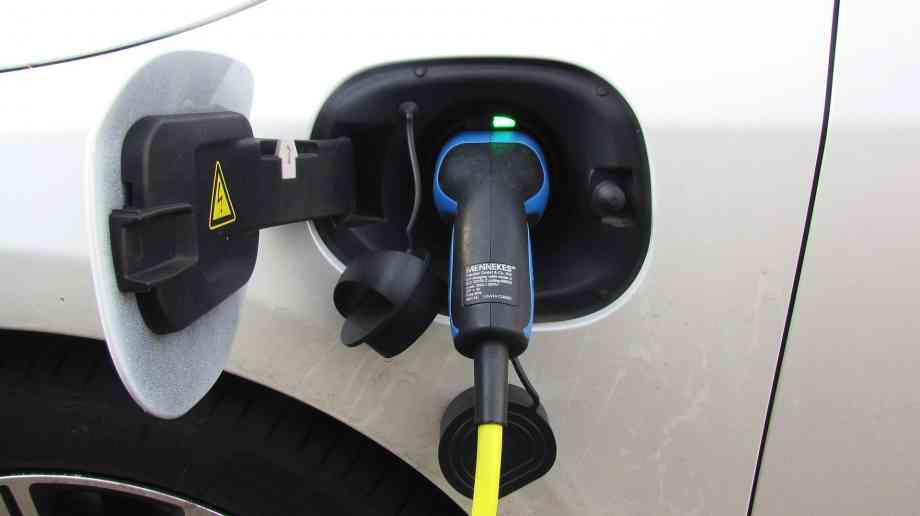Sue Robb of 4Children talks to Julie Laughton and Alison Britton from the Department for Education about the role of childminders in delivering the 30 hours free entitlement.
Oxford City Council to develop EV strategy for Oxford

Oxford City Council’s cabinet will be asked to approve the commissioning of an electric vehicle strategy for the city, which will guide decision-making on charging infrastructure installation and support the uptake of electric vehicles.
The EV strategy will seek to address how the city can best respond to the rapidly rising demand for additional charging capacity, the rapidly changing technology and the increasing number of delivery models for implementing charging infrastructure. It will also consider the council’s own role including utilisation of its assets such as carparks and other land, and whether it could be involved in the delivery of EV charge points working with ODS alongside commercial operators.
The EV strategy will also examine approaches to building greater inclusivity and fairness around access to charging. This will be needed if there is to be equity in the take up of electric vehicles, which are currently more expensive than fossil-fuel powered vehicles. Currently, EV Charge Point Operators (CPOs) seek to place chargers only in areas of high demand.
Oxford City Council is committed to bringing about a balanced road network which is open, safe, and accessible to all road users, which will require the redistribution of Oxford's road space to users of other vehicle types than the private car – in particular for citizens getting around by cycling, walking, and using the bus. As such, the council seeks a reduction of private car ownership and use wherever feasible, and this extends to electric vehicles as well as fossil fuel vehicles. This EV strategy seeks to identify an optimal way for ensuring those who need to drive cars – where cycling, walking or the use of buses is not practicable - are supported to do so in zero emitting vehicles.
Tom Hayes, deputy leader of the council, said: “Electric cars are without doubt key to getting carbon emissions down and cleaning our air and, with this new strategy, the council wants to make it easier for citizens to drive an electric vehicle. We want charging points in neighbourhoods currently left behind by the market, which tends to put chargers in areas of high demand. In particular, we want to explore whether the council could directly deliver EV chargers on our land through our wholly-owned company ODS, ensuring that those who need to drive do so in zero-emitting vehicles.”
The University of Oxford predicts that sales of electric vehicles is likely to reach approximately 90 per cent of new vehicle sales by 2025 and 100 per cent before 2030. This means by 2025, there could be up to 40,000 electric vehicles on Oxfordshire’s roads and 100,000 by 2035.
Company Focus
Just Lanyards is a subsidiary name of Gifts 2 Impress Limited, who have been trading for over 25 years, we therefore pride ourselves in having endless experience covering all aspects of the promotional merchandise industry.
Event Diary
UKREiiF has quickly become a must-attend in the industry calendar for Government departments and local authorities.
The multi-award-winning UK Construction Week (UKCW), is the UK’s biggest trade event for the built environment that connects the whole supply chain to be the catalyst for growth and positive change in the industry.
Supplier Profiles
Geo Energy
At GeoEnergy Design, we're on a mission to disrupt the traditional way heating and cooling ha
Latest Features
Professor Harith Alani, director of the Knowledge Management Institute at the Open University explains how AI can be used for good and bad.
Alex Lawrence, head of health & social care, techUK sets out techUK’s Five Point Plan for CareTech.

















